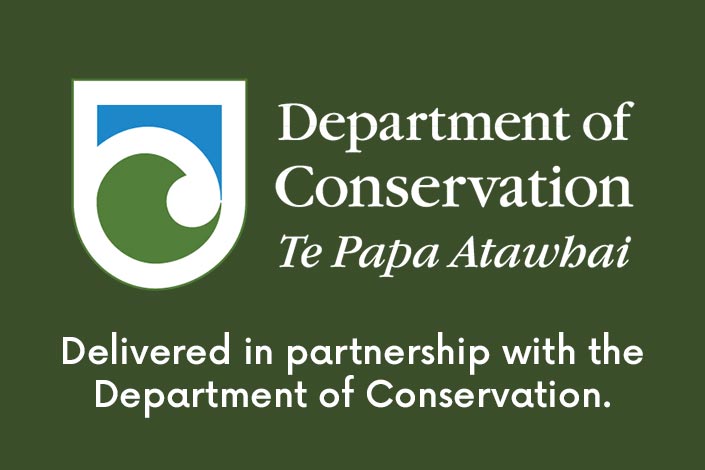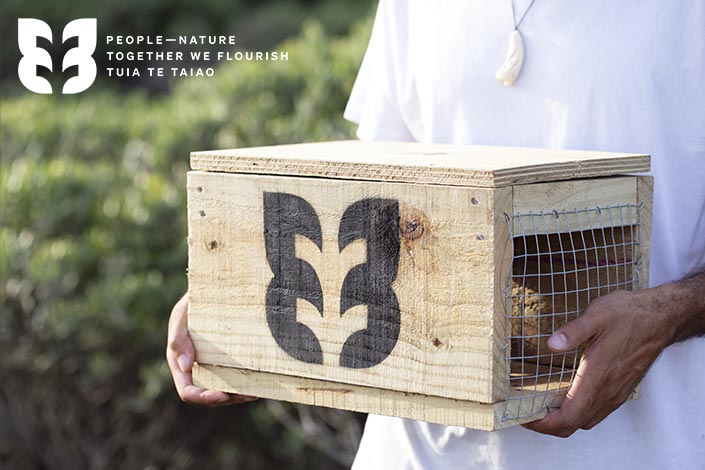Ask a question or call 0800 422 733
-
Course code
PRT301
-
Locations and dates
Off Campus:
7 March 2026Course opens for study 7 March. Workshop 11–12 March 2026 - North Shore28 March 2026Course opens for study 28 March. Workshop 1–2 April 2026 - Motueka18 April 2026Course opens for study 18 April. Workshop 22–23 April 2026 - Dunedin25 April 2026Course opens for study 25 April. Workshop 29–30 April 2026 - Whangarei9 May 2026Course opens for study 9 May. Workshop 13–14 May 2026 - Christchurch16 May 2026Course opens for study 16 May. Workshop 20–21 May 2026 - Hamilton20 June 2026Course opens for study 20 June. Workshop 24–25 June 2026 - Lake OhiaRichmond:
13 June 2026Course opens for study 13 June. Workshop 17–18 June 2026 - Richmond -
Fees
Tuition: 199.00 -
Credits
8
Delivered in partnership with DOC, this course provides the knowledge and skills to manage effective pest control programmes.

Designed for communities that wish to become more active in predator pest control in their local conservation areas this course aims to provide an overview of New Zealand pest predators focusing on rats, stoats, and possums.
You will look at defining why these predators are pests, their impacts, and the control methods to use.
The main focus will be on developing an effective predator control plan for your area and the importance of monitoring, allowing you to work out the right methods to match the outcomes you are looking to achieve.
You will also gain the practical experience you need to be able to trap successfully.
On completion you will be able to:
- Create and refine a predator control plan
- Write field instructions for the layout of selected traps identified in the predator control plan
- Undertake predator control and document trap-catch results in a field situation
Please note online enrolments for our courses close on the course start date.

There are two ways to achieve the micro-credential: by learning fully online or by attending a 2-day face-to-face workshop.
Online Delivery |
Two-day workshop |
| This is an option for people for whom time, cost and distance to course locations is a barrier. See further details below. |
This option combines online reading with a two-day workshop. The first date under off-campus is the start of the pre-workshop reading (see more details below) and is followed by the date and location of the workshop. |
Online delivery
The 12-week online course covers the same content as the face-to-face workshops, including ecological principles, trapping technologies and techniques, and monitoring methods.
The course consists of online learning, written assessments, and practical work.
Students must put everything they have learned into practice by clearing a trap line and documenting the trap catch data. At the start of the course, the facilitator can answer any questions you may have about how to organise this.
To complete the course, you will spend approximately 80 hours on course-related work, including reading and watching content online and completing assignments. It is expected that you complete this within 12 weeks.


